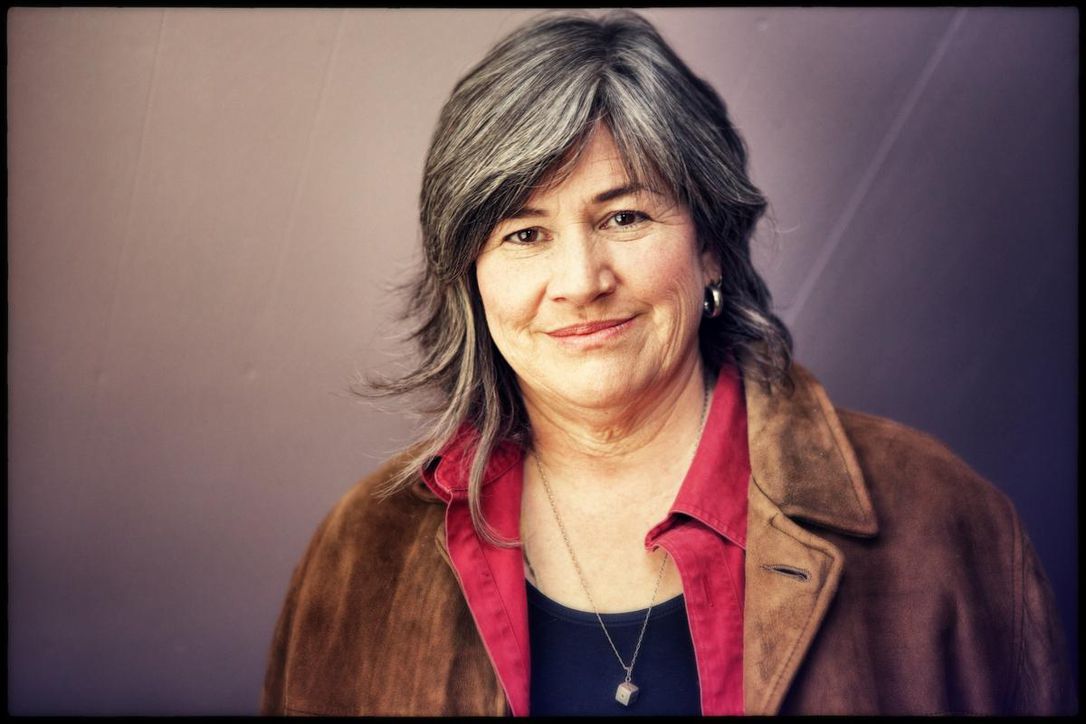
After the MMIWG report ‘Tapwewin: Her Inquiry’ tries to fill in 500 years of blanks
It’s been six months since the publication of the final report of the National Inquiry into Missing and Murdered Indigenous Women and Girls, but Indigenous women Maria Campbell, Yvette Nolan, Marilyn Poitras (LLB’94) and Cheryl Troupe (BA’01, MA’10) still have questions.
By Karen Fricker/ The StarIt’s been six months since the publication of the final report of the National Inquiry into Missing and Murdered Indigenous Women and Girls, but Indigenous women Maria Campbell, Yvette Nolan, Marilyn Poitras and Cheryl Troupe still have questions, as reported in The Star.
“The inquiry as it was constructed was not looking far enough back,” says Nolan, who is Algonquin and one of the leading figures in Indigenous theatre in Canada. “The witnesses who were in the room were the loved ones of the missing and murdered women. Which is one part of the story, but it doesn’t talk about why or how we got to this moment.”
The four women are collaborating on a theatre project that goes further back. “Tapwewin: Her Inquiry” is the story of an Indigenous woman named Suzanne, “who goes on a fast because she wants something,” says Nolan. “And on a fast, things happen, right?”
In what we might call hallucinations or visitations or truths being revealed, Suzanne sees, in Nolan’s words, “how we got here, like back 500 years to the beginning of contact, the beginning of the Jesuits coming, and the beginning of the church on this land and how one thing leads to another thing leads to another thing.”
“Tapwewin” (the word is Cree for “truth”) grew out of a conversation between Nolan and Campbell, the famed author of the memoir “Halfbreed,” several well-known children’s books and a number of plays including “Flight.” The MMIWG inquiry was just starting out, and the two women shared “many frustrations,” Nolan says, about the number of official reports that were continuing to be created and published about Indigenous people and Indigenous issues.
Read more at https://www.thestar.com/.

